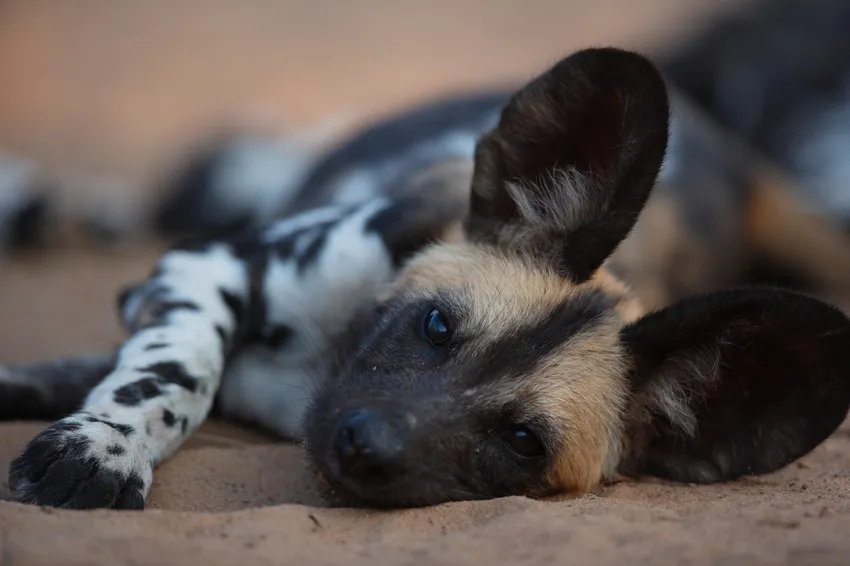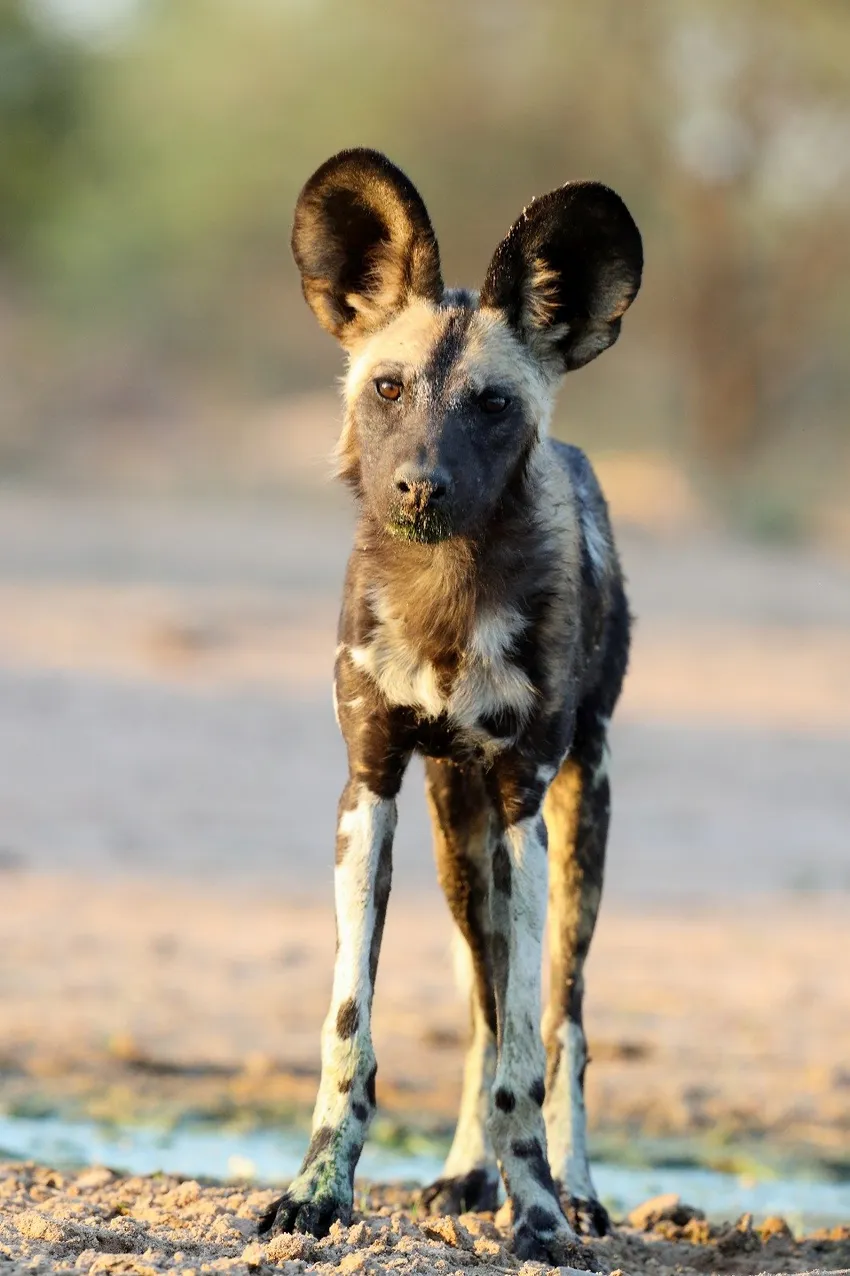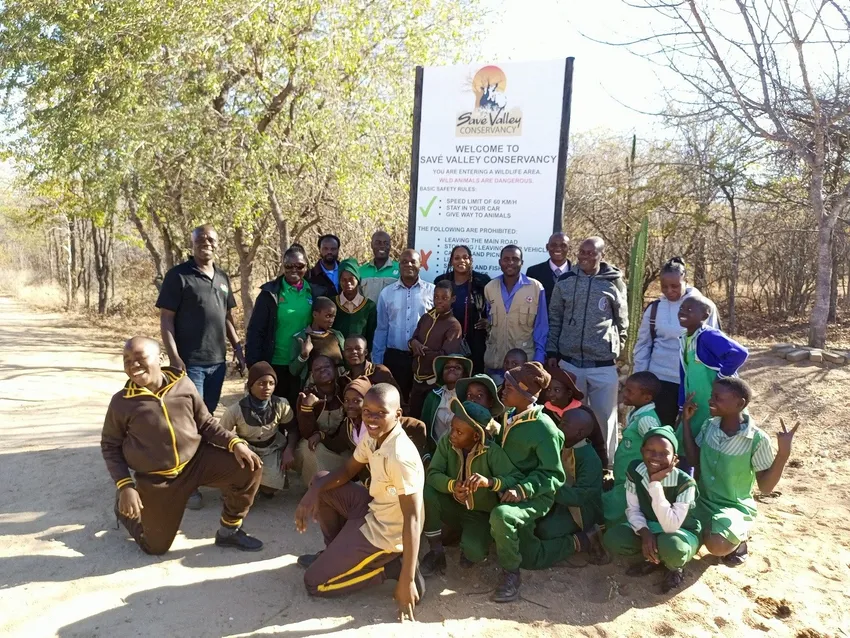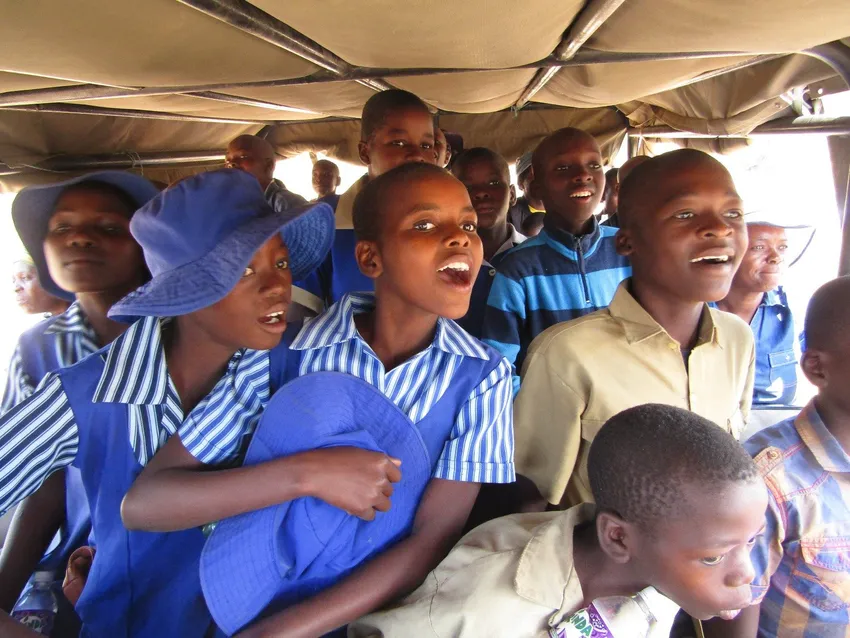This campaign has now closed
African wild dogs in Zimbabwe are threatened by human pressures and poor perceptions of the species. Our collaborative community initiatives to improve livelihoods and reduce human-wildlife conflict will help people live alongside wildlife, improving perceptions of wild dogs and other species.
Categories
Beneficiaries
Situation
African wild dog populations in Zimbabwe’s south-eastern lowveld are currently low, and human pressures risk causing further decline. Livelihoods of marginalised communities living near protected wildlife areas depend on unsustainable natural resource use. Climate change impacts, political challenges, and economic shocks exacerbate this hardship. Human-wildlife conflict leads to retaliation attacks on wild dogs and other carnivores, and hostility and indifference towards wildlife conservation.
Solution
We will provide a programme of interventions to reduce threats to wild dogs and improve livelihoods, including: mobile enclosures to protect cattle and improve human-wildlife coexistence; conservation park visits to improve perceptions of wild dogs and other species; conservation club establishment to build capacity to empower and equip people to conserve their local environment; and deploying wild dog satellite collars to monitor high-risk packs helping to reduce human-carnivore conflict.



